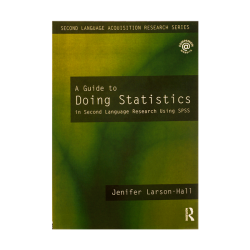4 Early Words
4 Early Words
First Language Acquisition
writer: Eve V. Clark
Saeed Mojarradi Ph.D. Candidate
Children break into the speech stream. they have two problems to solve:
1- they have to map meanings on to words and phrases. for each conceptual domain, they have to find out first how to express particular meanings via the words and phrases available in the languages spoken around them.
2- How best to use language to communicate their intentions to others. They must discover how to tailor their utterances for each addressee, taking common ground into account, making social distinctions appropriately.
In order to solve these two problems, children must look for consistent pairings of situations with utterances or parts of utterances in adult speech.
What is the content of children’s first utterances – the single words they pick up on and the first meanings they attached to them- in early expressions of their intentions?
What is the nature of early vocabulary and their relation to eventual adult vocabulary size? and what paths do children follow as they add new words to their repertories?
Do they add words at a steady pace or in spurts? Do they all progress in the same way?
Finally, how do they use their early words?
There is another question. What is the general trajectory for children as they acquire words and build up their vocabulary?
In fact, few children produce any words before Age 1. Most say their first recognizable words in the next 3 months or so. By age 2 they may be able, to produce anywhere from 100 to 600 distinct words.
It is interesting, by age 6 they have a vocabulary of around 14,000 in comprehension, With somewhat fewer in production. These numbers imply that they acquire words between Age 2 and 6 at a rate of 9 to 10 words a day.



Dr.Alireza Khalaj Endoscopic Surgery Fellowship (Laparoscopy)
Read more